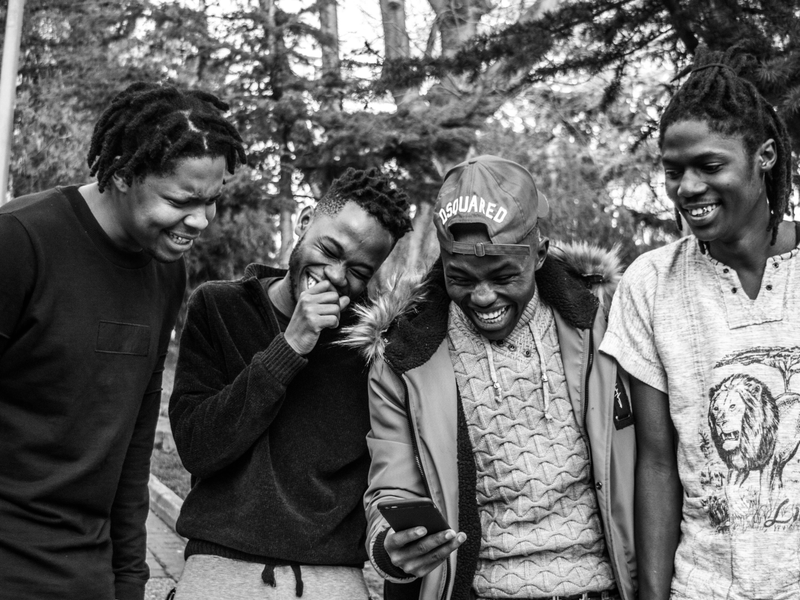Photo by Siviwe Kapteyn on Unsplash
For as long as mankind has existed, language has always been not only just a form of communication but also a strong means whereby identity and culture are expressed. Whether in the remotest villages or the big cities, every ethnic nationality finds kinship in the dialects, slang, and vernacular associated with their mother tongue.
Among Black communities, the uniqueness of language is deeply interwoven into the fabric of their society. Dialects, slang, and vernacular are ways they express both spoken and unspoken contexts and experiences.
Arguably, the language of the Black communities especially in the diaspora can be said to have originated from Africa as a result of the transatlantic slave trade. Over time, as many of these communities have acclimated over generations, these linguistic traditions have evolved for the diaspora communities but remained the same for the African communities where they originated.
Dialects, slang, and vernacular such as Patois, Pidgin, African American Vernacular English (AAVE), and Afrikaans among so many others have become interwoven with the various societies that it has found expression in their literature, music, film, television, and also on the digital space.
Twitter, Facebook, TikTok, Instagram, and other social platforms have become tools that several Black communities have leveraged to express their linguistic traditions, engage in shared experiences, and propagate the cultures that are unique to their communities.
Spaces, memes, hashtags, podcasts, online forums, and challenges have been used regularly to educate, inform, and deepen the spread of the dialects, slang, and vernacular of many Black communities to a global audience.
Online communities and groups not bound by location now exist to propagate these linguistic traditions, provide authentic representation, challenge and correct misinformation, and provide opportunities for a wholesome experience through cultural exchange.
While these digital platforms offer considerable leverage, they also present a challenge in the way information can be structured whittling down the import behind the context and experiences being expressed in Black languages.
Having to operate within the rules guiding this social media community can be restrictive which might not provide for more engagement and in some cases misrepresentation of the dialects, slang, and vernacular of the Black community.
Another challenge faced is the disconnect experienced by those who are uninitiated in the linguistic traditions of the language of the Black community. As a result of the many prejudices faced by Black communities, and the misinformation that is commonly portrayed by mainstream media, a lot of stereotypes and stigmatization exist in the digital space that casts these Black languages as undeveloped and mundane.
Ensuring the survival of Black languages in this digital age requires continued investment in media especially in the digital space where it is easier to present the narratives in ways that are not restricted by the rules of the conventional mainstream media.
Another way of keeping the tradition alive in this digital age is to continue to increase the social media presence through programs and curricula that adequately provide proper context and information to a global audience.
The richness and uniqueness of the language of the Black community will always remain an instrument of identification and affirmation and the digital space offers a veritable platform through which these linguistic traditions would not only be told but would be accessible to future generations.

Okechukwu Nzeribe works with the Onitsha Chamber of Commerce, in Anambra State, Nigeria, and loves unveiling the richness of African cultures. nextquestservices@gmail.com





